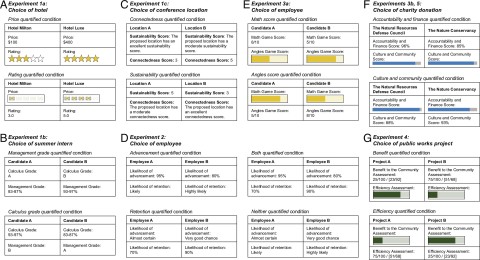Ghost Jobs
The recent Wall Street Journal article highlights the ongoing issue of job postings that don’t lead to actual hires—so-called “ghost jobs.” While the term may feel new, the reality is far from it.
Here’s what stands out:
Fake or inactive job postings are not new. As long as companies have advertised roles, these “phantom” opportunities have existed.
Ghosting isn’t new either. Throughout my career, I’ve observed that fewer than 10% of applications receive a response from employers. The reality is, recruiters are often focused on filling roles rather than managing communication with unselected applicants.
Does this mean it’s time for a change in hiring etiquette?
It’s a fair question, but the truth is, finding work has always been a job in itself. No one is more invested in the success of your search than you. While better practices in hiring would be welcome, job seekers need to remain proactive, persistent, and resilient.
My takeaway:
Adapt your strategy. Treat your job search like a full-time project—network effectively, tailor your applications, and follow up where possible. And remember, the process might not be perfect, but your approach can make all the difference.
What’s been your experience with ghost jobs or ghosting during your job search? How do you think the hiring process can be improved? Let’s discuss! #JobSearch #HiringProcess #GhostJobs #CareerDevelopment #Resilience

